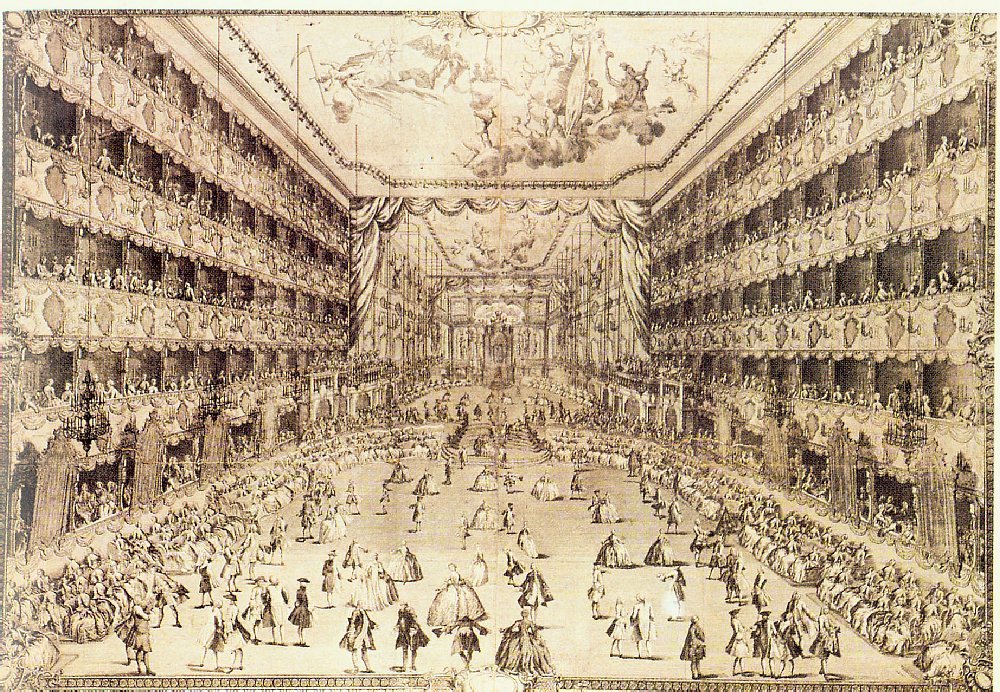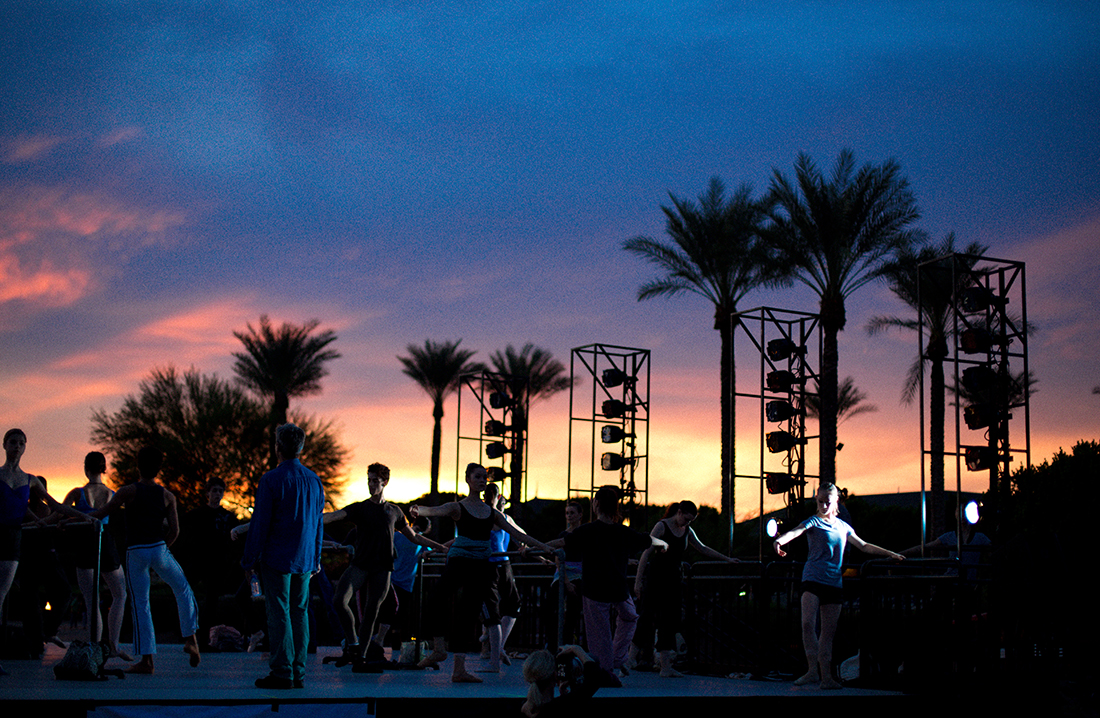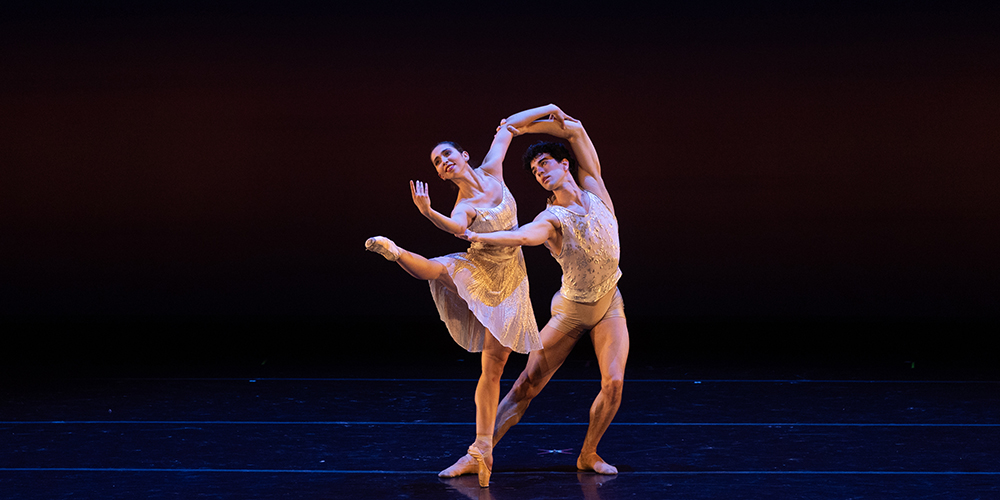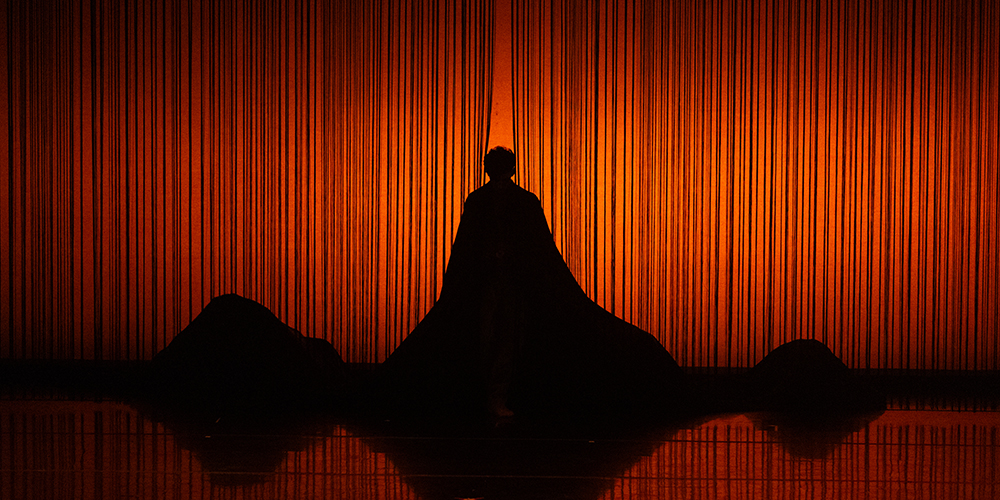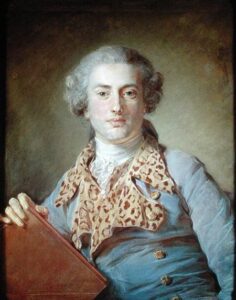
pastel on paper
Bibliotheque de L’Opera, Paris, France
Giraudon
French, out of copyright
In honor of International Dance Day on April 29th, we will discover the life of Jean-Georges Noverre. Noverre is noted to be the man who transformed ballet into what we see today.
Jean-Georges Noverre was born on April 29th, 1727 in Paris, France, where he studied ballet under ballet master François Marcel, who was a dean of Académie Royale de Danse, the first dance institution established in the Western world. Noverre later studied with Louis Dupré, a revolutionary ballet master at the Paris Opera Ballet. Noverre made his debut with the Paris Opera Ballet around 1743 in a production that Dupré directed, and in the same year, he danced for the royal court at the Palace of Fontainebleau. In these early years of his career, he encountered dancer Marie Sallé, and the expressive music of Jean-Philippe Rameau, these two influences left their mark on Noverre’s career as he labored to develop ballet as a form of drama. In the years that followed his Paris debut, Noverre left Paris for Berlin, where he performed in a number of productions and by 1747, he was back in Paris before moving on to Strasbourg, France.
In 1750, he moved to Lyons, France and a year later he staged his first pantomime ballet, The Judgment of Paris. In his engagements as choreographer and dancer in the next few years, he did not stage any more pantomime ballets but restricted his new works to what was considered “traditional ballets”. His productions were notable, however, only for their complex, stage scenery and costuming.
Noverre failed to land a permanent position at the Paris Opera, so he left France for London in 1755. At the time, relations between France and England had turned sour, and an increase in anti-French sentiment criticized Noverre’s newest production to the point of failure. The crowds who attended this production even began a riot after one performance. Unable to earn a living in England, Noverre returned to France, where he began to work on his book, Letters on Dancing and Ballet. Published in 1759, the book was an immediate success, and it enhanced his reputation throughout Europe. The book set forth his ideas for the reform of ballet, ideas which were considered revolutionary in their day and were not fully implemented until more than a century later.
Although his book was a success, Noverre’s colleagues at the French opera houses were not won over. After working at the Opera for only a short time as a choreographer, he made his way to the court of the Württemberg Dukes at Stuttgart. He produced about twenty ballets in Stuttgart before the company he directed disbanded in 1767. At that time, he secured his most important position as ballet master to the Habsburgs in Vienna where he staged almost forty ballets in eight years. These ballets are his most important ballets from this period.
Despite rivalries with other dance masters and brief periods of unemployment, Noverre continued to be in demand as a choreographer throughout the continent for the rest of his life. Noverre took some of his productions to London, and over the course of the following years, he staged ballets and divertissements in England and Lyons. He retired, but in the 1790s the inflation of the French Revolution forced him to return to choreography. At the height of the Revolution, he fled to London and produced several productions when his fortunes improved. He returned to France after he was able to save money and he spent the rest of his life in retirement.

